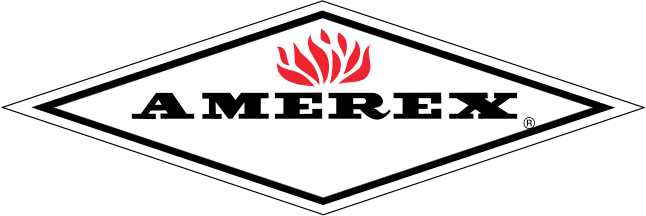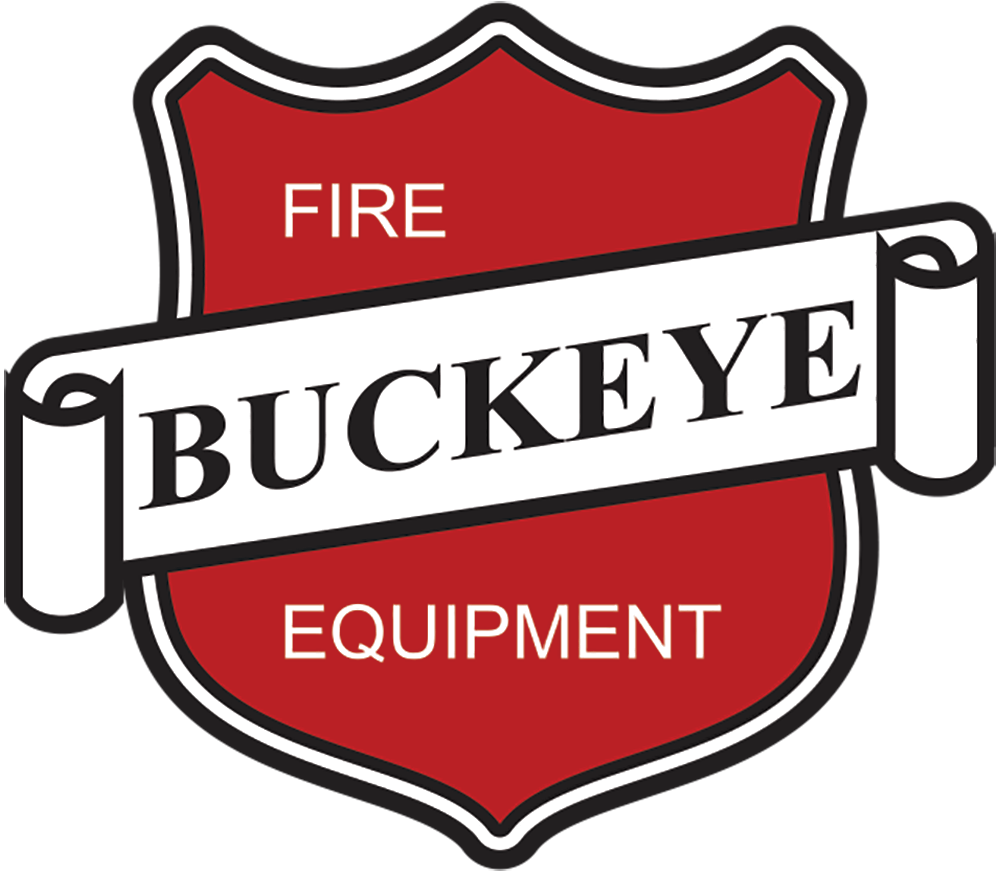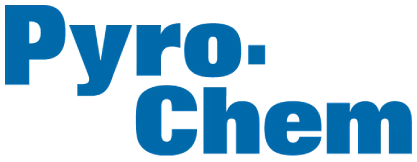Fire alarm systems detect signs of fire, such as smoke, heat, or flames, and promptly alert occupants. Whether you’re managing a bustling office building or running a retail store, a reliable fire alarm system ensures the safety of occupants and assets. With so many options on the market, making the right choice can be tricky. Learn the key factors to consider when choosing the right fire alarm system for your property.
Understand System Components
Fire alarm systems work by identifying indicators of fires—smoke, high temperatures, or flames—and sounding an alarm. This warning gives people time to evacuate a structure and avoid sustaining injuries. Additionally, modern fire alarm systems have sprinklers or send alerts to local fire departments, which shorten response times.
A standard fire alarm system typically includes these interconnected components:
Smoke detectors detect smoke particles in the air and trigger the alarm for potential fires.
Heat detectors activate when sensing a rapid temperature rise or high heat thresholds.
Manual pull stations allow users to activate the alarm system during emergencies.
Control panels process signals from detectors to initiate alarms and connected responses.
Alarm notification devices use sirens, bells, or strobe lights to warn occupants and encourage prompt evacuation.
Power supply units keep the system operational and include backup power sources.
Sprinkler systems automatically activate sprinklers to extinguish or control the spread of fire.
Communication modules alert local fire departments or monitoring services.
Types of Fire Alarm Systems
Various types of fire alarm systems meet different safety needs based on a property’s size, layout, and risks. A fire protection specialist can help you choose the ideal system. Three common types of fire alarm systems include conventional, addressable, and wireless.
Conventional Fire Alarm Systems
Conventional fire alarm systems divide a building into zones, and each zone is linked to specific detectors and devices. When an alarm is triggered, the system identifies the zone where the issue started but doesn’t pinpoint the exact location. They are cost-effective and easy to maintain, especially for small buildings or properties.
Addressable Fire Alarm Systems
Addressable fire alarm systems provide detailed information about fire events. A detector or alarm has a unique address, allowing the system to pinpoint the exact location of a problem. This makes it easier to respond to emergencies quickly and reduces the risk of disruption from false alarms. These systems are ideal for large or complex properties.
Wireless Fire Alarm Systems
Wireless fire alarm systems don’t use traditional wiring. Instead, they use radio signals to connect detectors, alarms, and control panels throughout a building. They are quick to install and easy to adjust; for instance, you could add devices or reconfigure the system as needed. They’re especially useful for buildings with complicated wiring or where a more adaptable solution is necessary.

Assess Your Property’s Size and Layout
Every property is unique, and understanding its size and layout is essential for choosing the right fire alarm system. Larger buildings, such as office complexes or warehouses, require an extensive system that can monitor multiple zones. A simpler setup may be fine for small properties, but strategic alarm placement is necessary to cover all areas.
Consider how you and occupants use different spaces within your property, as this may influence where you install detectors. Open areas, such as lobbies, might benefit from smoke detectors, while more intimate areas, like kitchens, might require heat detectors to reduce false alarms. A thorough assessment will help you avoid blind spots and maximize protection.
Understand Local Fire Safety Regulations
Familiarize yourself with the fire safety standards in your region, as non-compliance can compromise building occupant safety and lead to hefty fines. Additionally, different jurisdictions may have specific requirements, such as the type of detector or frequency of system inspections.
Partnering with a licensed fire protection service can help you stay on top of compliance. Professionals can evaluate your property and recommend systems that satisfy legal standards and meet your needs.
Consider System Integration
Modern fire alarm systems are easy to integrate with other security systems, making your property’s safety infrastructure better overall. Systems that work alongside CCTV, access controls, or sprinklers provide responsiveness during emergencies. This helps you prepare for various scenarios.
If your property already has a security framework, choose a complementary fire alarm system. Working with a fire protection expert to create a unified system can enhance reliability and monitoring processes.
Evaluate Scalability
Scalability in a fire alarm system means it can expand alongside your property as your needs change. For example, if you add new rooms or upgrade facilities, a scalable system allows easy integration without replacing the whole setup. This saves money and reduces downtime, making it a smart choice for business owners with long-term plans to expand.
Look for models with flexible designs that make it easy to add components or expand coverage. Partnering with experts during your commercial fire alarm installation means you’ll have a setup that’s ready to grow with your property. Even if you’re not actively planning an expansion, choosing a system that can adapt to future changes is a smart decision.

Look for Advanced Features
Technological advancements have brought premium features to fire alarm systems that enhance safety and efficiency. Wireless connectivity eliminates the need for extensive cabling, while remote monitoring allows you to oversee the system anytime, anywhere. Automated alerts notify you of potential threats in real time.
These features simplify management while providing convenience, which property managers and business owners can appreciate. While these fire alarm systems might come at a higher cost upfront, the long-term benefits are often well worth the investment.
Prioritize Ease of Maintenance
Regular testing and maintenance are non-negotiable for keeping your fire alarm system operational. Choosing a user-friendly system simplifies these tasks and reduces downtime and the likelihood of missed inspections. Alarms with intuitive interfaces and built-in self-diagnostic features can save you the effort of troubleshooting. Look for systems with accessible maintenance options, such as removable covers, test buttons, or automated performance checks.
Fire safety professionals will check all components—smoke detectors, control panels, and power supplies—at the recommended intervals to confirm they are functional. They also identify potential issues and prevent costly repairs or system failures. Professional inspections, maintenance, and repairs ensure that your fire alarm setup remains compliant with local safety regulations and ready to respond in an emergency.
Check the Alarm Notification Options
Effective notifications during a fire emergency can make all the difference in the safety of building occupants. Your system should provide clear and consistent alerts, such as loud sirens, flashing lights, or voice instructions. Multi-sensory alarms are effective in properties with diverse occupants because they alert individuals with hearing or visual differences.
Modern fire alarm systems offer text or phone call notifications to designated personnel. With these notification features, you can help everyone react quickly in emergencies.
Your fire alarm system should fit your property’s unique size, layout, and safety requirements. Every decision, from selecting systems with advanced features to complying with local codes, plays a role in maximizing safety. Scalability and easy maintenance offer flexibility and peace of mind as your property changes over time. Relying on professional guidance helps you make informed choices and keeps your fire protection measures efficient and dependable.



